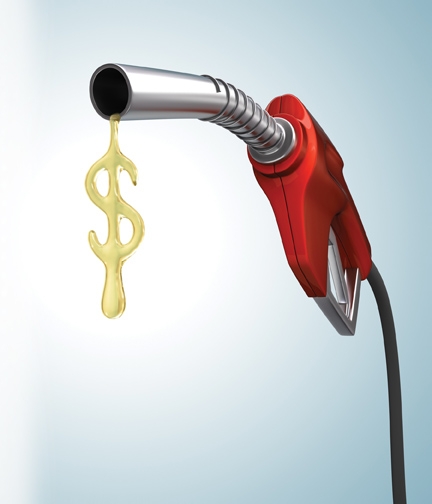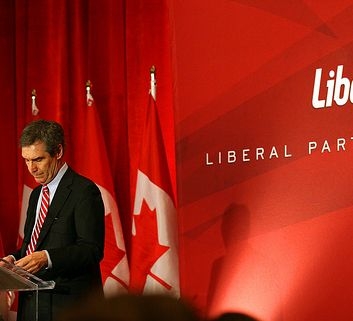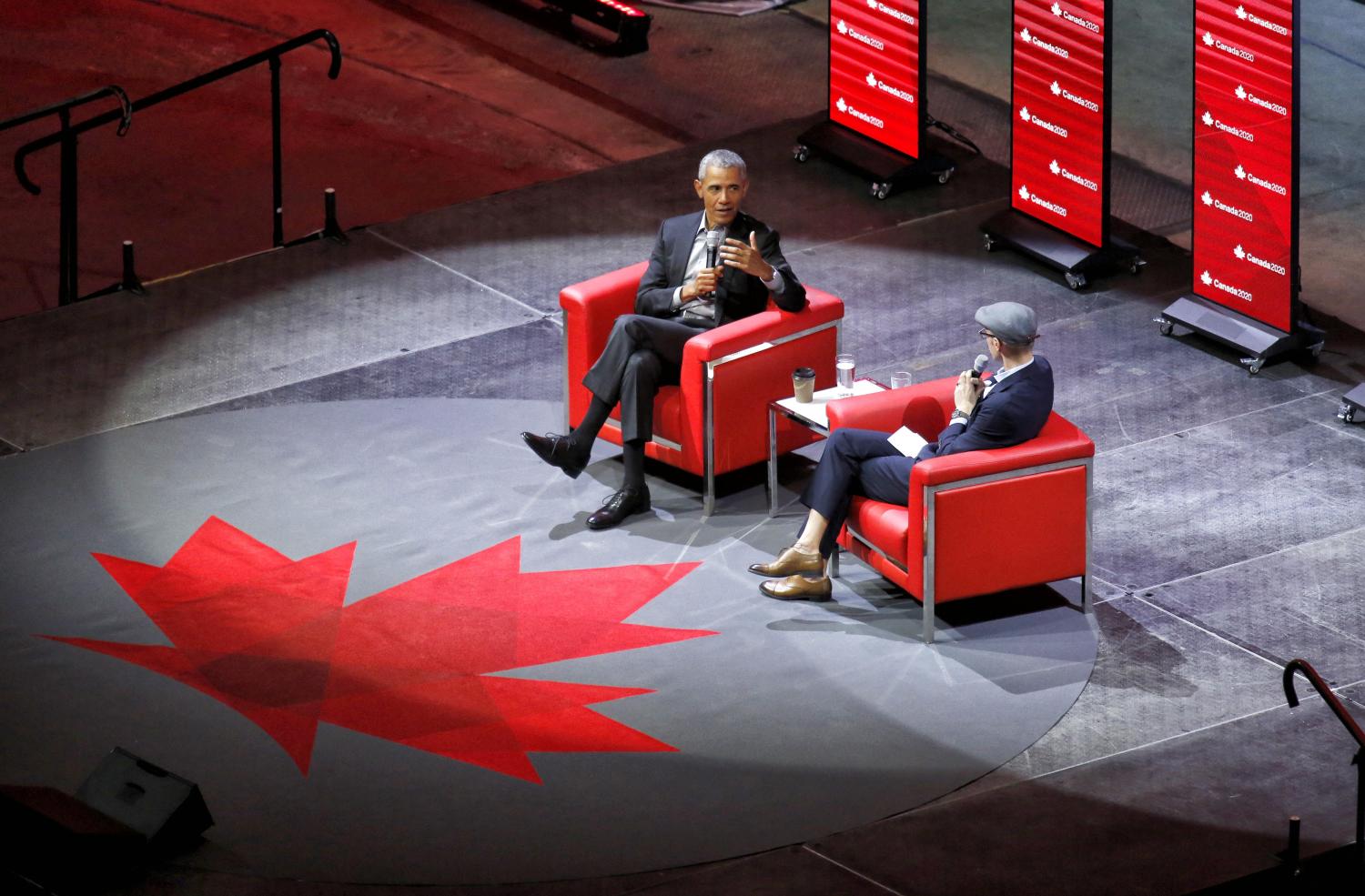
Decoding Gas Prices: Is the Gas Gouge Real? Part 2
Continued from Part I
Does what you pay get your back up every time you hit the pumps? Given the amount of travel and gas consumption in Canada, the average Canadian could be forgiven for thinking that there is a lot more going on behind the scenes, that the gas companies get together to ensure that Canadians are ripped off at the pump. After all, this time last year, retail gasoline prices had jumped substantially over the span of two months, setting off consumer alarm bells. But, as is the case with many situations, it is more complicated than merely jacking up the price of gas at will. Many factors go into that number you see on the sign before filling up.
The CFA identifies four main factors that affect the price at the pump. There is the cost of crude oil, wholesale price of gasoline, local market dynamics and taxes.
Crude oil is a globally-traded commodity whose price is influenced by what happens around the world. Things like supply and demand, international geopolitical factors and inventory levels all impact the price. It’s kind of like what happens when California gets hit with bad weather and it affects the cost of strawberries. It’s a similar kind of thing. While there are many perceptions on how big the industry in Canada actually is, we’re really only the 7th largest crude oil producers, according to the Canadian Association of Petroleum Producers. The result is that prices for Canadian crude oil follow world prices. We don’t make them.
As demand for energy increases, chances are the cost of gas will increase. The Paris-based International Energy Agency estimates that global demand for energy is expected to rise by 35 per cent by 2035 as economies in both developed and emerging countries continue to grow and the standard of living improves in the developing world. On top of that, while we may be a big producer, the fact of the matter is for Canadian and international oil and gas companies, access to conventional petroleum reserves is declining, which makes the commodity more valuable. Bad news there is that it is unlikely gas prices will go down.
So that’s at the global level. But there is a bit of a domino effect because the price of crude oil affects the wholesale price of gasoline, which is the price that gasoline retailers pay. The wholesale price comes from oil refineries. They set their own wholesale prices daily, based on levels set by commodity trading, the continental market for refined petroleum products and distribution charges.
Throw into the mix marketing costs, operational expenses and competitive forces at the retail level that drive local market dynamics. What exactly are they? Marketing and operational expenses include such things as wages, property taxes, utilities, and local promotional costs. Retail prices are also a function of competitive forces in each local market and of what other services and prices are available at the site to attract customers and generate additional revenue.
And then there are taxes. Those are complicated. Taxes on gasoline can vary from province to province and occasionally from city to city (especially in British Columbia). Transportation costs vary and, according to the CFA, the volume of gasoline sold at gas stations can affect pricing.
That may all be true, but being so close to the U.S., it is hard not to notice that when you cross the border, the price of gas drops significantly. Presumably, all of those same factors affect their pumps, so why the difference? It all boils down to taxes. Other than that, the average price of a litre of gasoline in Canada is quite similar to the price in the United States.
That’s compared to the States. Internationally, historical data shows that Canadians pay less for gasoline than consumers in many industrialized countries. For example, looking at prices in January 2010, Canada paid significantly less per litre than Germany, Italy, France, UK, Spain and Japan.
When you see that number at the gas pump and see that it varies very little from gas station to station, it’s easy to jump on the “we get hosed” bandwagon but when you look at it, many factors do explain gas pricing. That said, with so few real players in the industry, could there be lower gas prices if the major gas companies were in true competition? Probably. And that’s the frustrating part. While there are many factors involved, one still is left with the feeling that there could be better transparency and possibly more savings that could be passed on to consumers. But at the end of the day, when you compare Canada with other countries, the price of gas really isn’t that bad.









